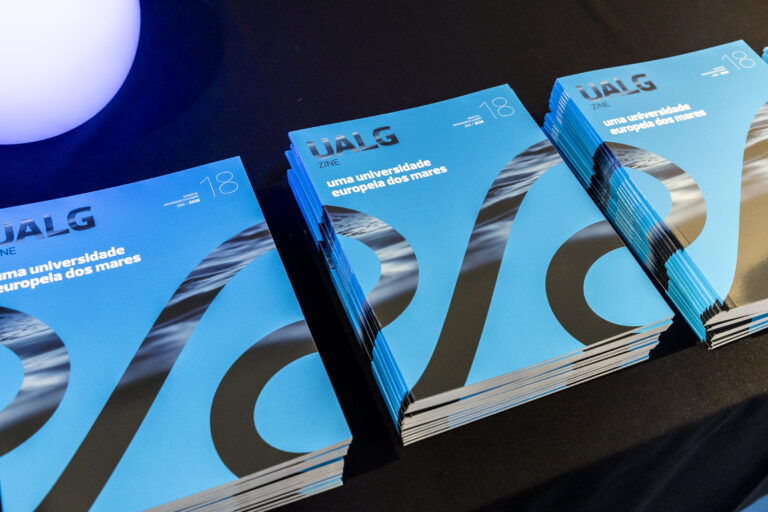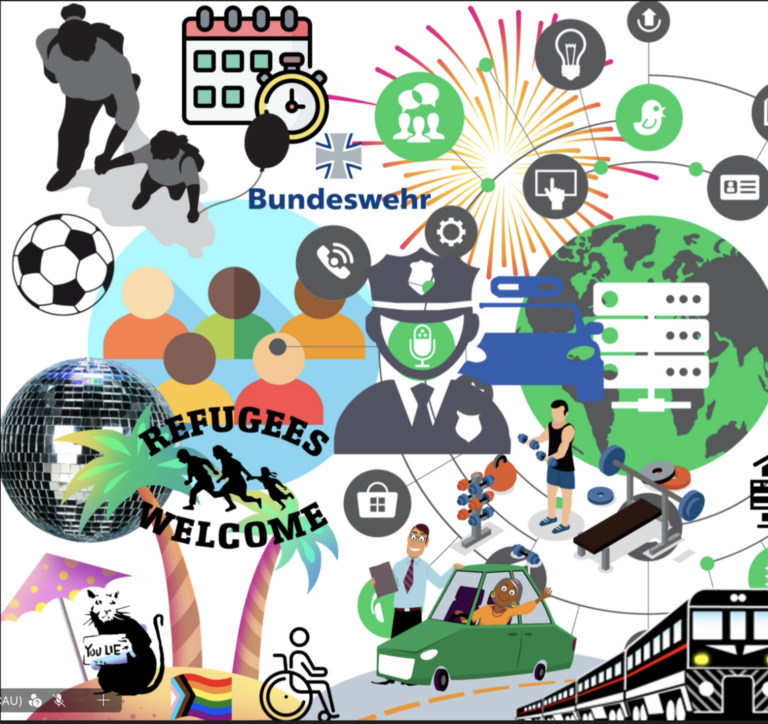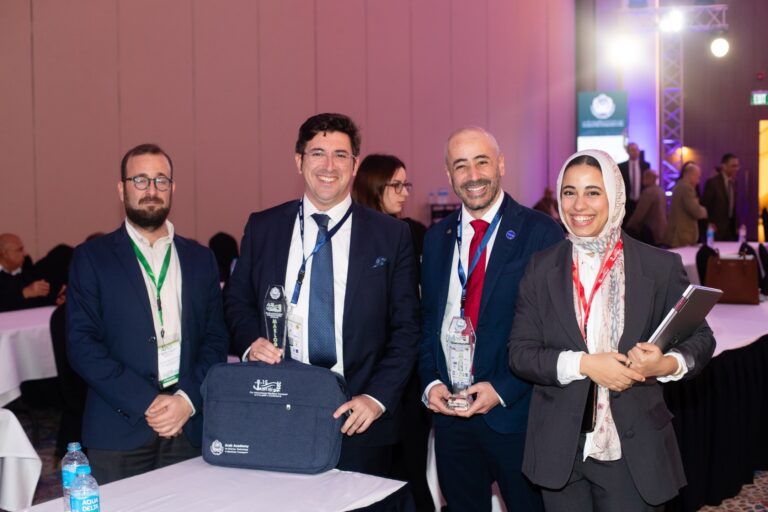Over 200 students from across the Alliance sign-up for the SEA-EU Micro-credential on “Global Citizenship”
On the 17th October the first online meeting of the SEA-EU micro-credential on Global Citizenship took place, representing the launch of the first ever SEA-EU micro-credential. “We are very proud to present the first ever SEA-EU micro-credential course to the SEA-EU network,” said Wibke Matthes who heads the Key Skills Centre at Kiel University, and coordinates the development of future skills courses within the Alliance. “What better way to mark such a historic event than with a course on Global Citizenship!”
Over 200 students from across Europe registered for the course, designed to encourage and inspire engagement with the values, challenges and potential of global cooperation across university and national borders. SEA-EU partners have already organised several pilot courses, with students from other universities invited to participate in existing online seminars on future skills. However, the Global Citizenship micro-credential represents the first course that all partners have developed together. The launch of the course concludes a year of intense collaboration during which the partners developed a common understanding and definition of micro-credentials, and established a common framework for future skills, allowing for the planning of the structure and content of the course itself.
“We hope this course encourages participants to ask themselves what it means to be a global citizen by looking at how they are linked to their local community and how they impact not just their immediate surroundings, but also the global community” explains Prabhpreet Chadha-Gebauer, teacher at the Key Skills Centre and co-developer of the course. “By the end of the course students should have made their own action plan, identifying ways they can contribute to being a good global citizen,” explains co-organiser and teacher Cláudia Margarida Brito Ribeiro de Almeida from the University of Algarve. The course material covers knowledge, skills, and responsible attitudes required to navigate, engage, and contribute effectively in diverse societal contexts and global challenges.
“Alongside dealing with the policies and practical information about global awareness and citizenship, cultural intelligence forms another central aspect of this course,” explains Chadha Gebauer. “It is not just knowing the facts, but also dealing with diversity and showing empathy in how you contribute to, and impact, the world around you” she adds, stressing too that the intercultural component makes the course a valuable learning experience for the teachers themselves. “It is a fantastic experience working with international groups of students” says Ribeiro de Almeida. “We’re all learning from one another.”
While the majority of students will work at their own pace with the online-materials and activities, a smaller cohort of students from various disciplines from the universities of Kiel and Algarve are collaborating more closely. “In this group we will use all the material and framework of the course, but factor in more regular meetings online, where we discuss certain topics and start joint activities to foster interdisciplinary and intercultural exchange between the students” explains Chadha-Gebauer. The students will work in groups and present projects from their local communities which highlight the role of global citizenship and discuss these with their international peers. “It will be really interesting to gain knowledge about the different projects and listen to different perspectives that that come out of this,” adds Ribeiro de Almeida. “We hope this added level of interaction will really add value and meaning to our experience exploring what it means to be a true global citizen.”
The project was co-funded by the Internationalization Fund at Kiel University, ensuring the materials will be made available for further use as open educational resources (OER).



